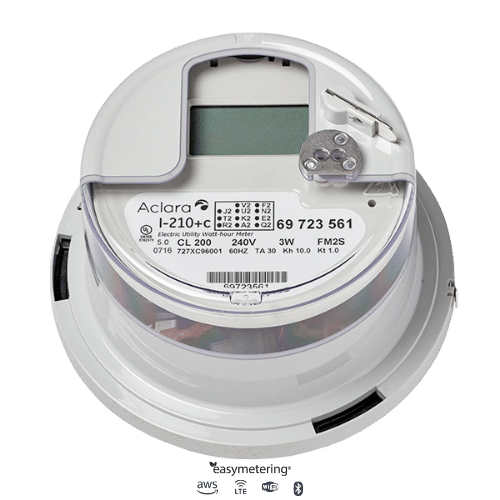Electricity meters play a crucial role in monitoring and measuring the amount of electricity consumed by households and businesses. Whether you’re a homeowner, a tenant, or a business owner, understanding the cost of an electric meter can be essential when it comes to budgeting for your utility expenses. In this blog post, we will delve into the factors that influence the cost of an electric meter and provide you with a comprehensive guide to help you make informed decisions.



Types of Electric Meters
Before we discuss costs, it’s important to understand that there are different types of electric meters, and the type you need will significantly impact the overall cost. The most common types of electric meters include:
a. Analog Meters: These traditional meters have a spinning disk or dial that measures electricity consumption. They are becoming less common due to the widespread adoption of digital meters.
b. Digital Meters: Digital meters display electricity consumption in numerical form, making it easier to read and monitor. These are increasingly being used by utility companies.
c. Smart Meters: Smart meters are the latest innovation in metering technology. They offer real-time data and remote monitoring capabilities. While they are more expensive upfront, they can help you manage your electricity consumption more effectively.
Cost Factors for Electric Meters
The cost of an electric meter can vary significantly based on several factors:
a. Type of Meter: As mentioned earlier, the type of meter you choose will have a direct impact on the cost. Analog meters are usually the least expensive, while smart meters tend to be the most expensive.
b. Installation Fees: Installation costs can vary based on the complexity of the installation and the location of your property. If your property doesn’t already have an electric meter or needs an upgraded meter, you’ll incur installation expenses.
c. Regulatory Costs: Some areas may require specific meters or have regulatory fees associated with meter installation or replacement. It’s essential to check with your local utility company and municipality for any additional charges.
d. Maintenance and Service Fees: Depending on the type of meter you have, there may be ongoing maintenance and service fees. Smart meters, for instance, may require periodic software updates and maintenance checks.

Cost Estimates
While specific costs can vary widely, here are some general estimates to give you an idea of what to expect:
- Analog Meters: Analog meters are typically the least expensive, with prices ranging from $50 to $200.
- Digital Meters: Digital meters are more advanced than analog meters and generally cost between $100 and $300.
- Smart Meters: Smart meters are the most expensive option, with costs ranging from $200 to $500 or more. However, the benefits of real-time data and energy management can offset the initial cost.
- Installation Fees: Installation fees can vary widely, but they typically range from $100 to $500, depending on the complexity of the installation.
Conclusion
The cost of an electric meter varies based on the type of meter, installation fees, regulatory requirements, and ongoing maintenance expenses. When considering a meter upgrade or replacement, it’s essential to consult with your local utility company to get accurate cost estimates and ensure compliance with local regulations. The best and cheapest place to buy is at outdoorsiness.com
While the initial cost of a smart meter may be higher, it can provide long-term benefits in terms of energy efficiency and cost savings. Ultimately, the choice of electric meter should align with your specific needs and budget.
Remember that electric meters are essential tools for monitoring and managing your electricity consumption, so investing in an accurate and reliable meter is a wise decision for homeowners and businesses alike.





